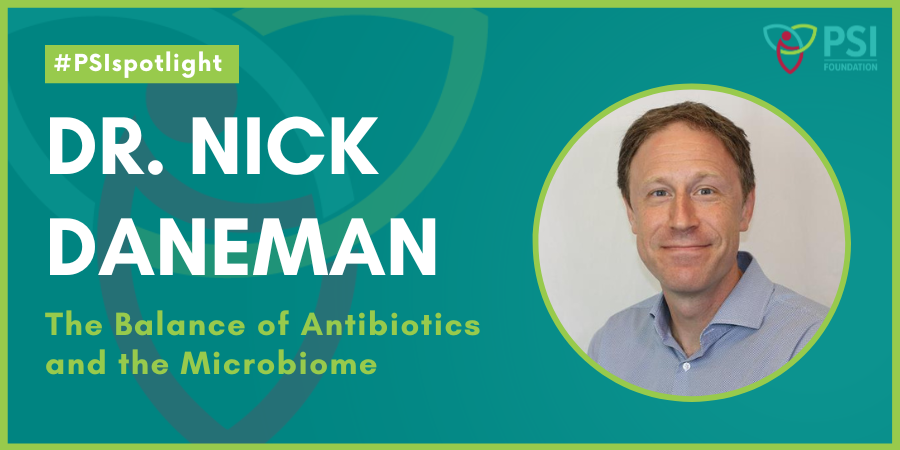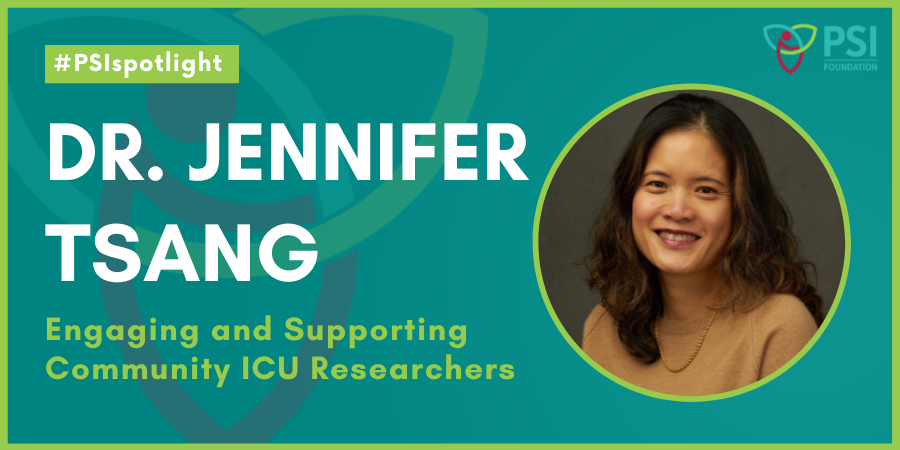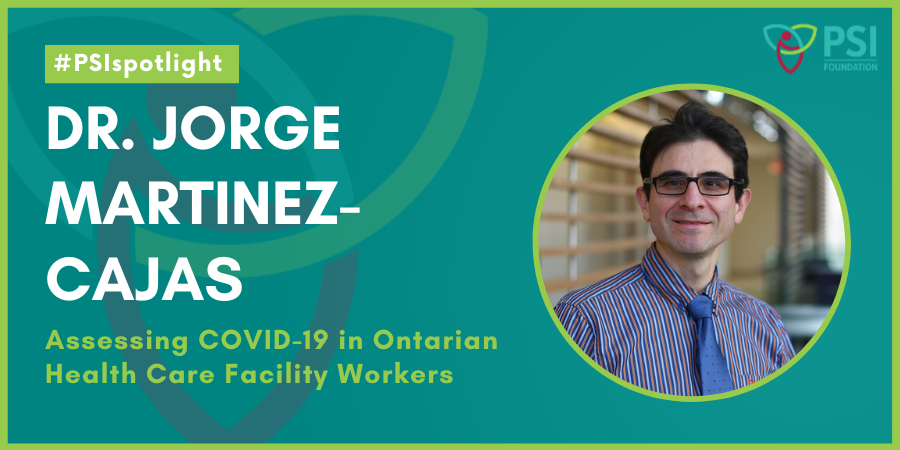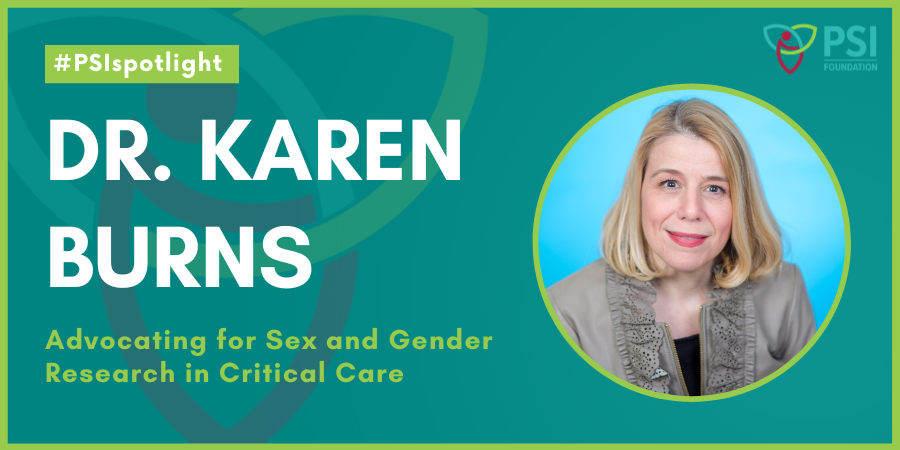“PSI Foundation support enabled us to better understand the impact of antibiotic treatment duration for bacteremia on the gut microbiome and antimicrobial resistance, and has helped us develop an ongoing clinical trial microbiome substudy pipeline which will continue to uncover important off-target effects of antibiotics on microbiomes and antimicrobial resistance in humans.” -Dr. Nick Daneman
About Dr. Nick Daneman
Dr. Nick Daneman is a Clinician Scientist and Division Head of Infectious Diseases at the Sunnybrook Research Institute, Senior Adjunct Scientist at ICES, and a Professor of Medicine at the University of Toronto. Dr. Daneman’s research focuses on antibiotic stewardship and resistance; hospital-acquired and critical care infections; with a specific focus on bloodstream infections. His training began at University of Toronto, where he completed his masters in Clinical Epidemiology and later completed his medical training with a specialty in Infectious Diseases and Internal Medicine.
About the Funded Study
As co-leads of the BALANCE research program, Drs. Nick Daneman and Rob Fowler collaborated with Dr. Bryan Coburn — a translational infectious diseases clinician scientist focused on the microbiome to embed a microbiome and antimicrobial resistance outcome in a large international clinical trial of an antimicrobial stewardship intervention. Along with their research team, they set out to address the healthcare needs of patients who needed to consume antibiotics to fight off infection, while facing the off-target effects of antibiotic resistance and potential damage to one’s microbiome and the healthy bacteria in the body. The ‘BALANCE of the microbiome’ study enrolled a subgroup of the 3,600 worldwide participants in the BALANCE randomized controlled trial.
The results of the randomized controlled trial revealed that for those who need to take antibiotics to treat blood infections, 7 days of taking antibiotics was just as effective as 14 days — reducing the potential damage caused by long-term antibiotic use.
“PSI Foundation support has directly informed ongoing clinical trial and microbiome sub-study design, in particular in trials designed and initiated by this group, such as the BALANCE+ platform,” Dr. Daneman says. Dr. Coburn adds, “our goal is to continue to embed microbiome and antimicrobial-resistance assessments into clinical trials, to determine not only the clinical outcomes of study comparisons, but also their biological effects.”
Impact of the Funded Study
Moving forward, this PSI-funded study allowed the research team to develop a platform for future microbiome sub-studies of large international trials, including the ongoing BALANCE+ adaptive platform trial of bacteremia.
“Our goal is to develop and implement the methods required for microbiome analyses in clinically-actionable time for scenarios where microbiome and resistance status can inform clinical decisions,” says Dr. Coburn.
The implications of this study for Ontarians are major reductions in antibiotic treatments and harms across Ontario. With the data from this research, Drs. Daneman, Fowler, and Coburn’s goal is to incorporate microbiome and resistome considerations into clinical and stewardship practices in infectious disease by generating the data required to do so from human studies.




